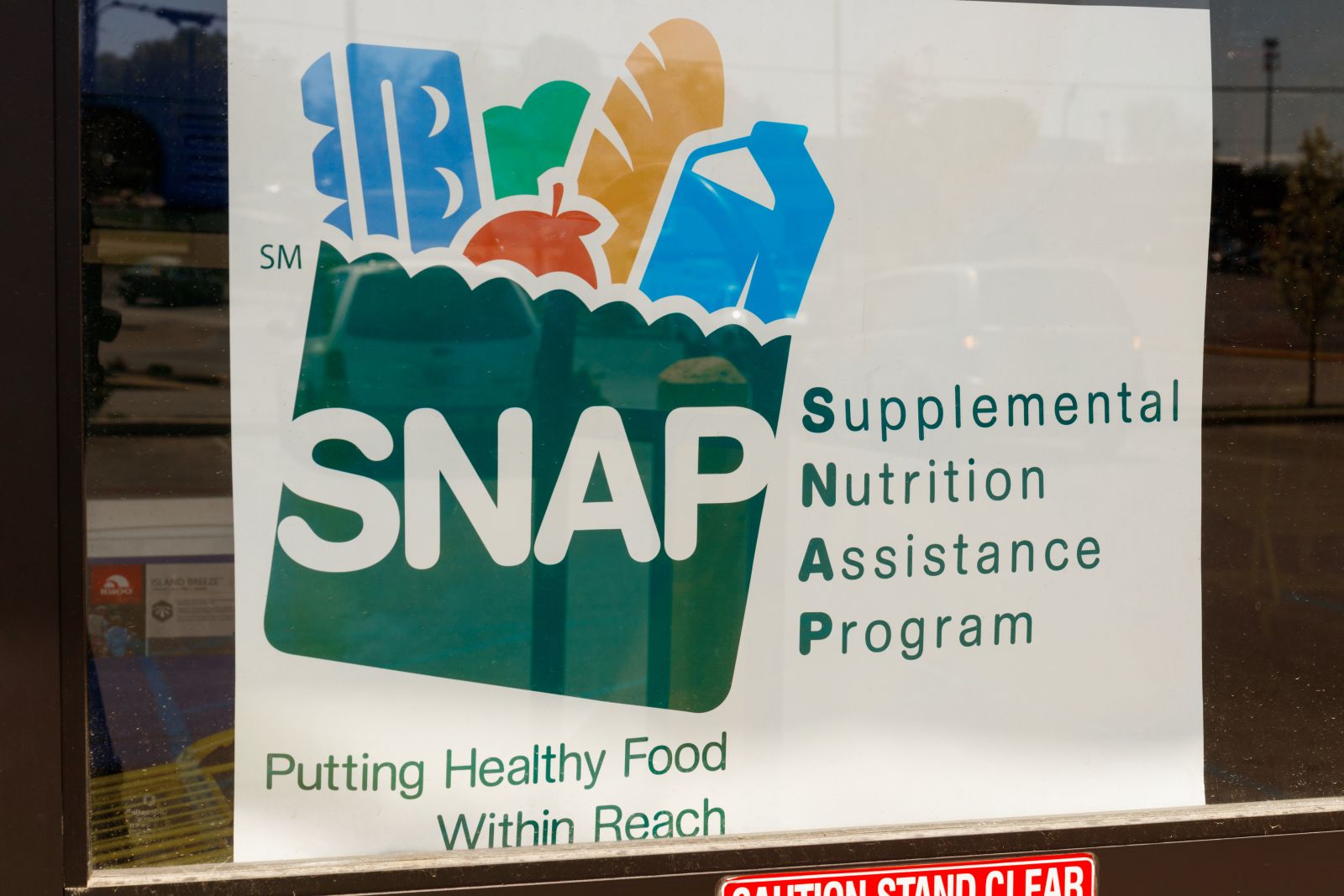By Rebecca Rice
Winter 2020
In the United States, many concern themselves with people in poverty. Some see them as those who seem to be getting something for doing nothing, especially when that “something” is paid for by taxpayer dollars. It’s easy to assume that people aren’t working hard enough, that they are lazy, or that they will be a burden on society. This leads us to wonder, why wouldn’t an able-bodied person with no dependents enter the workforce?
While a large percentage of Issaquah Food & Clothing Bank clients have at least one working member in the household, there are many reasons a person doesn’t work. Maybe there aren’t any jobs in their field where they live. Maybe they don’t have reliable transportation to get to and from work (a real problem here in Issaquah!). There are many complicated, messy reasons people don’t work, and they aren’t due to laziness.
However, the new federal SNAP (Supplemental Nutrition Assistance Program, formerly Food Stamps) regulations require that many more people – specifically, able bodied adults, ages 18-49, without dependents – are required to work at least 20 hours/week in order to receive SNAP benefits. Without meeting that work requirement, people will be limited to only three months of assistance in a 36-month period. The rules regarding able-bodied adults without dependents have been in place since 1996, but since that time, many states have had waivers put in place; waivers which were granted based on high unemployment rates or other economic factors. After the 2008 recession, every single state was exempted from the work requirements for SNAP.

These new regulations tighten the rules about granting waivers, meaning it will be much more difficult for states to qualify for the waivers that exempt this group of people from the work requirements. In King County, the work requirement waiver has already been removed because of the booming economy, so these new regulations may not have any additional negative impact on people currently living in our community, but it could hit hard for people who move here with a job and then lose it, or come hoping to find work and can’t. If there is another economic crisis, these regulations will also reduce the ability of states to qualify for the waiver, even in the face of high unemployment or lack of economic opportunity.
We can see first-hand in our community that just because the economy seems to be thriving, that does not mean everyone is financially stable or able to find work. It is estimated that, nationwide, 700,000 people could lose their SNAP benefits. Many of the able-bodied adults who aren’t working are already facing barriers and challenges around transportation and accessing resources which will only be exacerbated by losing their SNAP benefits. The Issaquah Food & Clothing Bank is already supporting the individuals who have lost their SNAP benefits after King County lost its work requirement waiver. We expect to see more as the regulations take place across the country, and know every local food bank will be seeing an increase in people needing help with their most basic needs.